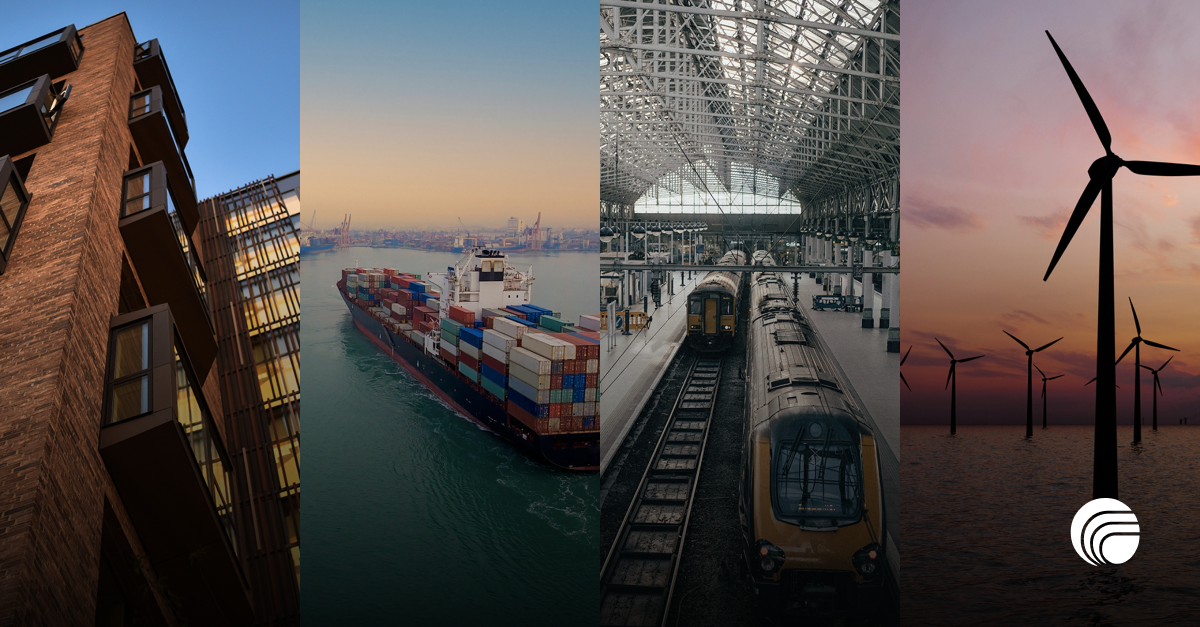Two out of three fires onboard start in the engine room.
The engine room is not only home to sensitive equipment, but is also highly vulnerable to disasters; two out of three fires on board ships start in the engine room. The risk arises from two primary factors: the presence of numerous heat-generating components and the abundance of flammable liquids. These elements create a high-risk environment, placing significant demands on the safety systems designed to protect this critical space. That’s where Daspos’ systems come in — detecting the fire before it even starts.
Fires in engine rooms escalate in seconds, threatening lives and operations. Unlike conventional systems that only react after a fire has occured, Daspos’ systems actively detect oil mist, gas leaks and other fire hazards before they escalate. Delivering an early warning where it matters most – and buying crucial time to act – Daspos saves both lives and assets.
By using a high-airflow technology, presence of particles in the air can be detected. Combining this with a gas sensor makes it possible to determine if the substance in the air has flammable characteristics. In such an event, the system issues an alert and intervenes early – preventing costly damage, operational disruptions and dangerous situations. The system’s unmatched capacity to cover vast areas with precision, detecting leaks even when they occur far from the installation point, makes it unique in its segment.
“In the marine sector, a system like this is crucial, as the engine room serves as the heart of the operations and demands extra protection. Daspos’ systems ensures that even the most hard-to-reach areas in the engine room remain under constant surveillance. “, Thobias Enfridsson, CTO at Consilium Safety Group.
To guarantee a safe and cost-effective work environment, it is essential to address the risks associated with accidents in the engine room. Yet, in the absence of regulatory mandates for this type of safety system, action is often only taken after an incident has already occurred — when the damage is done – leading to severe delays, financial losses, and lasting reputational harm. In high-stakes environments like cruise ships, the cost of a fire can exceed $200,000 per minute, making reactive approaches both dangerous and unsustainable
“This groundbreaking technology significantly enhances our ability to detect vapours and oil mist from a wide range of fuels — at the earliest possible stage. These advanced capabilities are not just beneficial — they are essential to achieving our goal of being number one in safety tech, protecting both human lives and valuable assets” says Thobias Enfridsson.
Talk safety with us
There are thousands of questions regarding safety. But there are also thousands of answers. Talk safety with us – we are ready when you are.



